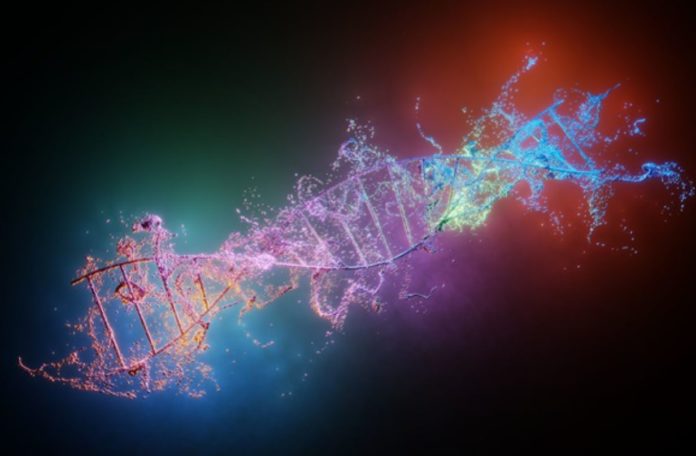Now, we can predict which genes are more likely to mutate, says new study.
According to recent research from the University of California, Davis, and the Max Planck Institute for Developmental Biology in Germany, a common roadside weed may hold the key to understanding and forecasting DNA mutation.
The conclusions, which were published in the journal Nature, have a significant impact on our knowledge of evolution and could one day aid researchers in breeding better crops or even support humans in the fight against cancer.
When DNA is broken and not repaired, a mutation occurs, resulting in a new version. The researchers sought to determine if mutation was completely random or if there was something more to it. What they discovered stunned them.
“We always thought of mutation as basically random across the genome,” says Grey Monroe, lead author on the paper. “It turns out that mutation is very non-random and it’s non-random in a way that benefits the plant. It’s a totally new way of thinking about mutation.”
Scientists spent three years decoding the DNA of hundreds of Arabidopsis thaliana, also known as thale cress, a little flowering weed known as the “lab rat of plants” due to its modest genome of 120 million base pairs. Humans, on the other hand, have about 3 billion base pairs.
“It’s a model organism for genetics,” Monroe adds.
In the study, the team grew specimens in a safe lab environment. This allowed plants with defects that might not have been able to survive in the wild to thrive in a controlled environment.
The sequencing of those hundreds of Arabidopsis thaliana plants revealed about 1 million mutations. Contrary to expectations, a nonrandom pattern emerged within those alterations.
“At first glance, what we found seemed to contradict established theory that initial mutations are entirely random and that only natural selection determines which mutations are observed in organisms,” says Detlef Weigel, senior author of the study.
Instead of randomness, they discovered low-mutation-rate areas in the genome. They were astonished to find an overabundance of critical genes, such as those involved in cell development and gene expression, in those areas.
“These are the really important regions of the genome,” Monroe adds. “The areas that are the most biologically important are the ones being protected from mutation.”
The areas are also vulnerable to the negative consequences of novel mutations.
“DNA damage repair seems therefore to be particularly effective in these regions,” Weigel adds.
The researchers discovered that the way DNA was wrapped around various proteins was a decent predictor of whether or not a gene will change.
“It means we can predict which genes are more likely to mutate than others and it gives us a good idea of what’s going on,” Weigel says.
The findings provide an unexpected twist to Charles Darwin’s theory of evolution by natural selection, revealing that the plant has evolved to safeguard its DNA against mutation in order to secure its survival.
“The plant has evolved a way to protect its most important places from mutation,” according to Weigel. “This is exciting because we could even use these discoveries to think about how to protect human genes from mutation.”
Knowing why some parts of the genome mutate more than others could aid crop breeders who rely on genetic variety to improve their harvests. Scientists could use the data to better anticipate or find novel treatments for diseases caused by mutations, such as cancer.
“Our discoveries yield a more complete account of the forces driving patterns of natural variation; they should inspire new avenues of theoretical and practical research on the role of mutation in evolution,” the paper concludes.
Source: https://doi.org/10.1038/s41586-021-04269-6
Image Credit: Pixabay
You were reading: New study disproves one of Darwin’s theories
